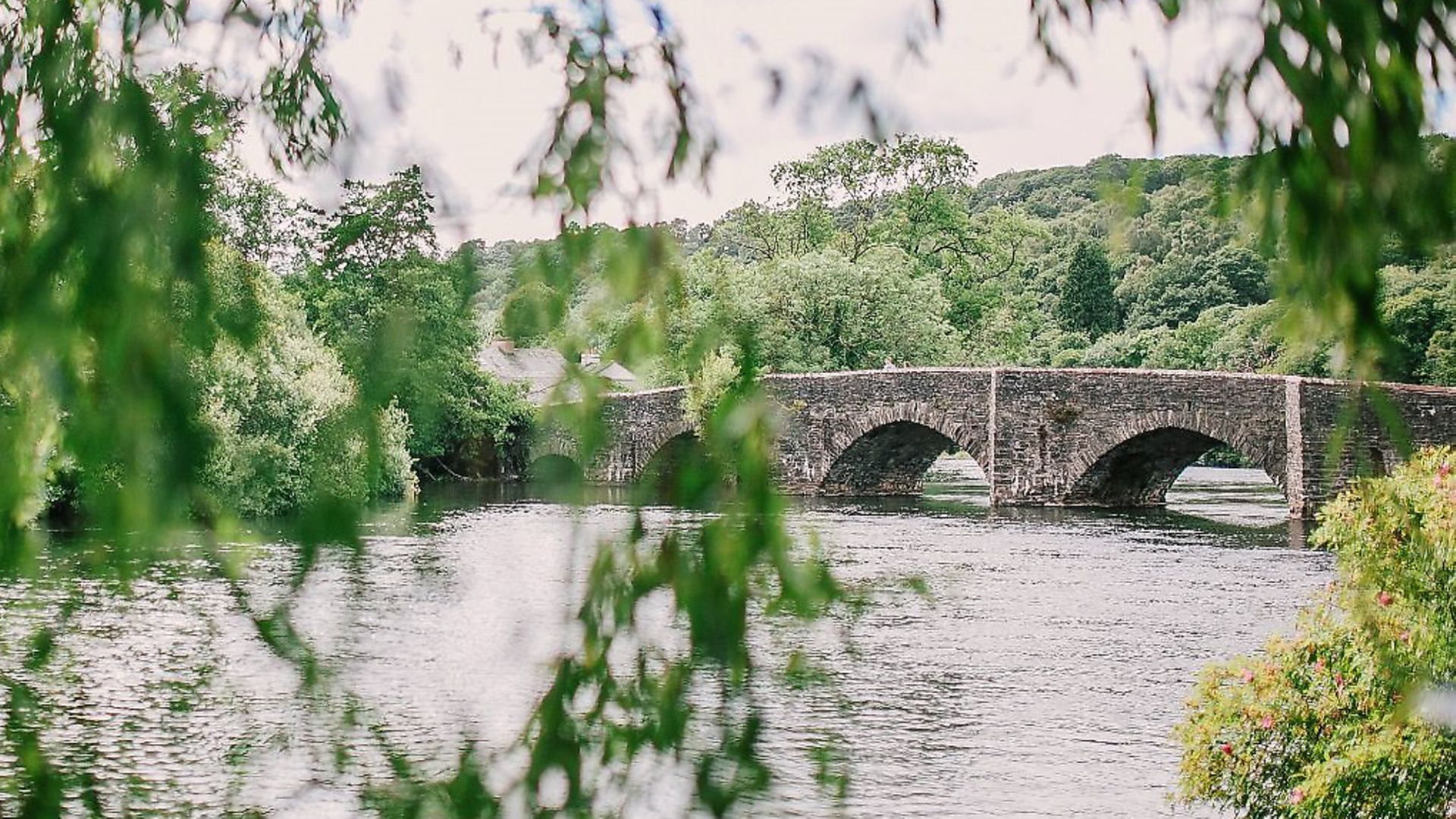
A lack of investment means laws safeguarding public health and the environment are no longer able to be properly enforced, says Friends of the Earth campaigner Kierra Box.
The Environment Agency and others lack the money to uphold really important laws that exist to protect us and our environment. It is hard to see how this will improve post-Brexit.
Have you ever got a refund on a product because it didn’t work properly? Or taken a trip to visit a protected National Park (like the Peak District)? Then you’ve benefitted from rules that were introduced to protect you and your environment.
These safeguards help to make sure that the air we breathe and the water we drink is clean, that our food is safe and correctly labelled, our natural spaces are being looked after, and the products we buy are fit for purpose.
But these rules only work if there is someone there to make sure everyone follows them – and to punish those who don’t. Left unchecked, rogue operators and dodgy dealers are free to undermine the protections that we take for granted.
Over the last decade, the organisations that do everything from checking rented homes are safe to live in, to closing dodgy takeaways selling substandard food, have been chronically underfunded.
A new report by Unchecked.uk has found that between 2010/11 and 2016/17, the Environment Agency’s environmen-tal protection budget fell by 62%.
Funding for the Forestry Commission fell by 53%, and for Natural England by 66%.
These bodies are there to protect our environment. They should be ensuring our trees stay healthy and aren’t removed illegally, checking that pesticides and chemicals aren’t killing our wildlife, and investigating people who dump waste illegally into our fields and waterways. But without enough funding, they can’t do their jobs properly.
Sites of Special Scientific Interest – like the Lake District and the South Downs – are areas awarded special protection because they are home to threatened species and important habitats. But almost half haven’t been checked by Natural England in the last six years to ensure the species and habitats are in good health.
We should be keeping a close eye on them and putting more effort than ever into enforcing the rules that keep them healthy.
A 2016 report into the state of Wales’ natural resources found 63% of all freshwater courses were not reaching minimum quality standards, and only one in six freshwater habitats were considered “favourable” for wildlife. In Northern Ireland over 2 million tonnes of rubbish was found in unauthorised sites between 2006 and 2016. Lack of funding isn’t just preventing agencies from investigating the criminals who run these sites, it’s also preventing a proper clean up as correctly disposing of all this rubbish and cleaning up the countryside will cost millions.
Given that our government promised to leave the environment in a better state than they found it, you’d be forgiven for thinking that properly funding the enforcement of environmental protections would be a priority. It’s anything but. Both foreign secretary Dominic Raab and the new secretary of state for trade Liz Truss have joined with prime minister Boris Johnson to extoll the benefits of “a ‘Trump-style’ moratorium on all new regulations” and a quick trade deal with the US after Brexit, despite repeated indications that the US will be looking for the UK to lower our standards in return. In the short term, this would mean allowing American businesses to import food and goods produced in ways that damage the environment or that haven’t been proven to be safe for human health – including chlorine-washed chicken and genetically modified (GM) foods.
We need to protect and strengthen the existing safeguards we have. That means making sure no-one turns a blind eye to businesses and individuals who put our safety and wellbeing at risk by trashing our natural world. It means investing in the systems that check if our air is getting dirtier or our soils more polluted. And it means making sure the organisations that uphold these standards have the money and the staff to take quick, tough action against those who are selfish enough to put wildlife and our climate at risk.









